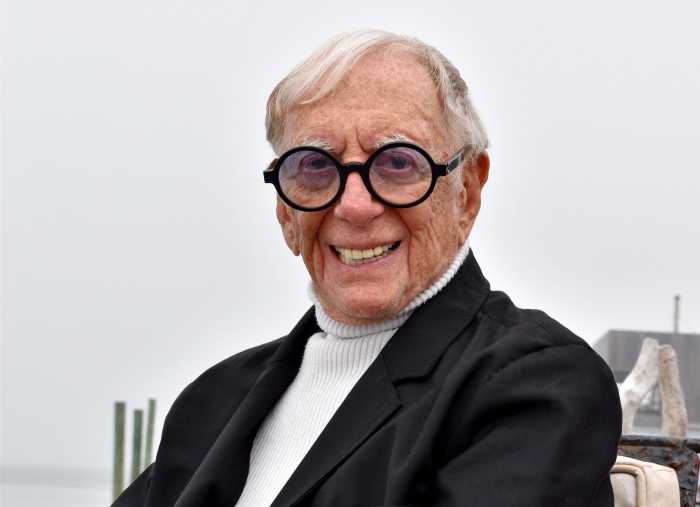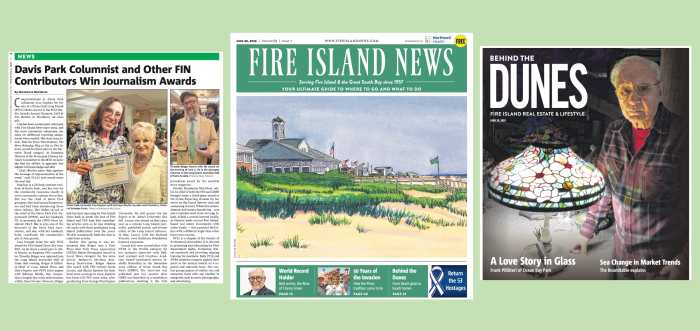One crucial lesson we should have been taught in kindergarten is the difference between conditional and unconditional love. This understanding could have significantly simplified our lives. At this stage of human evolution, most of us have accumulated a wealth of experience with the diluted version of love referred to as conditional love. Yet, we have only dipped our toes into the vast ocean of unconditional love. Recognizing the stark contrast between these two types of love will empower you to navigate all your relationships with a newfound sense of clarity and hope.
What does conditional love feel like? For one thing, it doesn’t feel good because no one likes being judged, criticized, victimized, and controlled. People who love conditionally tend to act in argumentative, intolerant, mean, possessive, unforgiving, and demanding ways. When we are around these people, we walk on eggshells and are plagued with guilt and anxiety because we cannot please them no matter how hard we try.
When we’re involved in a relationship based on conditional love, it’s only a matter of time before we or they act in some way, shape, or form that isn’t considered acceptable, and love will be withdrawn. The primal fear of rejection and abandonment are the weapons used by manipulators to control others. The harsh reality that someone will turn their back on us if we don’t do what they want leaves us feeling insecure, battered, abused, exhausted, and confused.
On the other hand, unconditional love is a divine gift freely given with no strings attached. To love and be loved unconditionally fills us with a profound sense of joy, peace, and serenity. Even under the most challenging circumstances, we know our relationship can survive, as unconditional love instills us with heartfelt faith, perseverance, and hope. When we are loved unconditionally, we feel safe to express our true selves and to become all we are meant to be. This emotional security and freedom is a powerful catalyst for personal growth and the basis of all healthy relationships.
Loving unconditionally doesn’t mean we allow people to abuse us, nor does it give us a license to abuse others. Unconditional love has the power to heal but does not enable others because it recognizes and respects healthy boundaries. It prompts us to call people on their unacceptable behaviors, fostering a relationship of mutual respect and understanding. Additionally, unconditional love allows the time and space for people to work on their inner issues so they can become kind, compassionate, and productive human beings.
There are two overriding emotions we experience in life: love and fear. Conditional love is fear-based, whereas unconditional love is love in its purest and most authentic form. To live a happy, fulfilled, and meaningful life, we must lower our fear levels and raise our love frequency. One of the best ways to do this is to practice what the ancient Greeks called agape love, the unconditional, selfless love for all humankind and the cosmos. Agape love is expressed through acts of kindness, charity, and empathy.
Amazingly, unconditional love is the divine power that unifies heaven and earth. The energy of love is the conduit in which messages from the Other Side are transmitted to us. Therefore, you do not have to be a psychic to commune with your deceased loved ones. You just need to open your heart to loving unconditionally by regularly performing small acts of kindness without expecting anything in return. This could be as simple as helping someone with a task, complimenting a stranger, or writing a thoughtful email to a family member. As you evolve into your higher self, your energetic frequency will vibrate on the same wavelength as Souls-in-Spirit, and you will readily receive signs and messages from the Other Side.
The greatest gift we can give to the world is agape love. In all his wisdom and grace, Mahatma Gandhi, the esteemed 20th-century leader of India’s struggle for independence and proponent of nonviolent resistance, once stated, “Peace between countries must rest on the solid foundation of love between individuals.” This enlightened and revered man knew the actions of each and every one of us matter, for a world filled with people who love unconditionally is a world at peace.





























